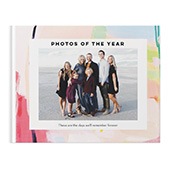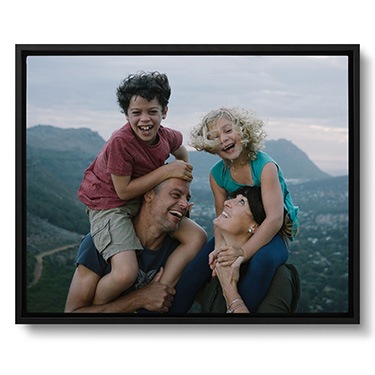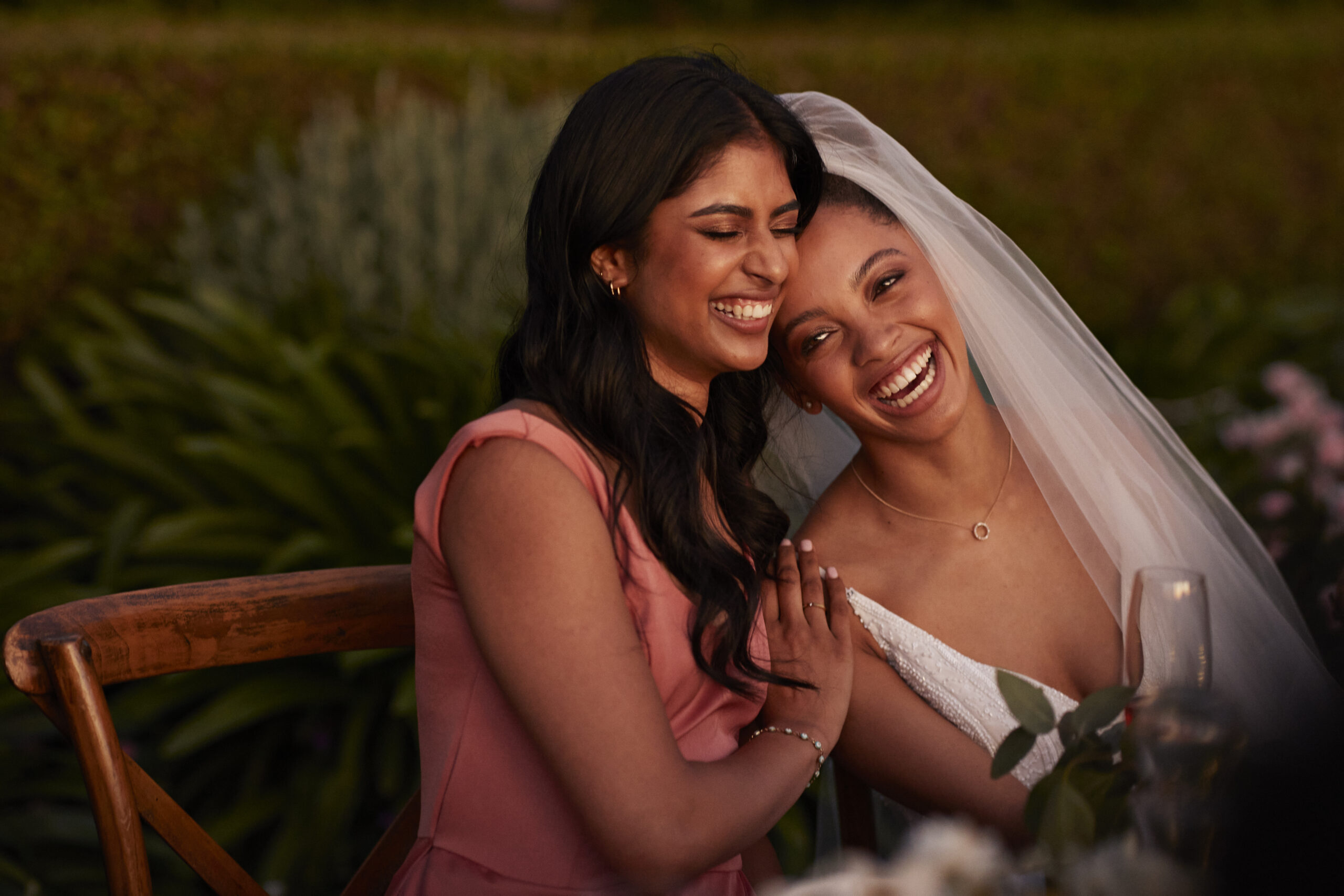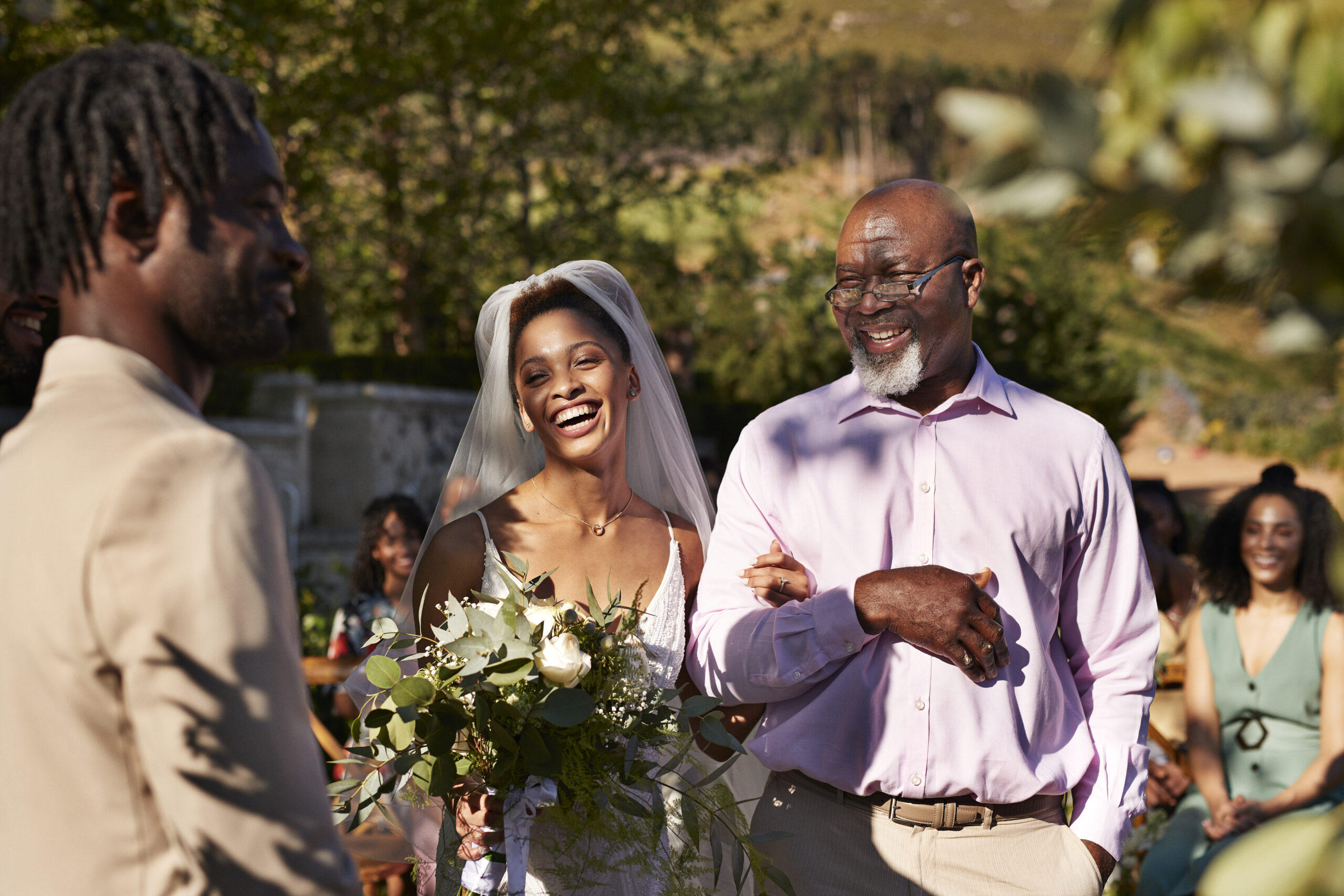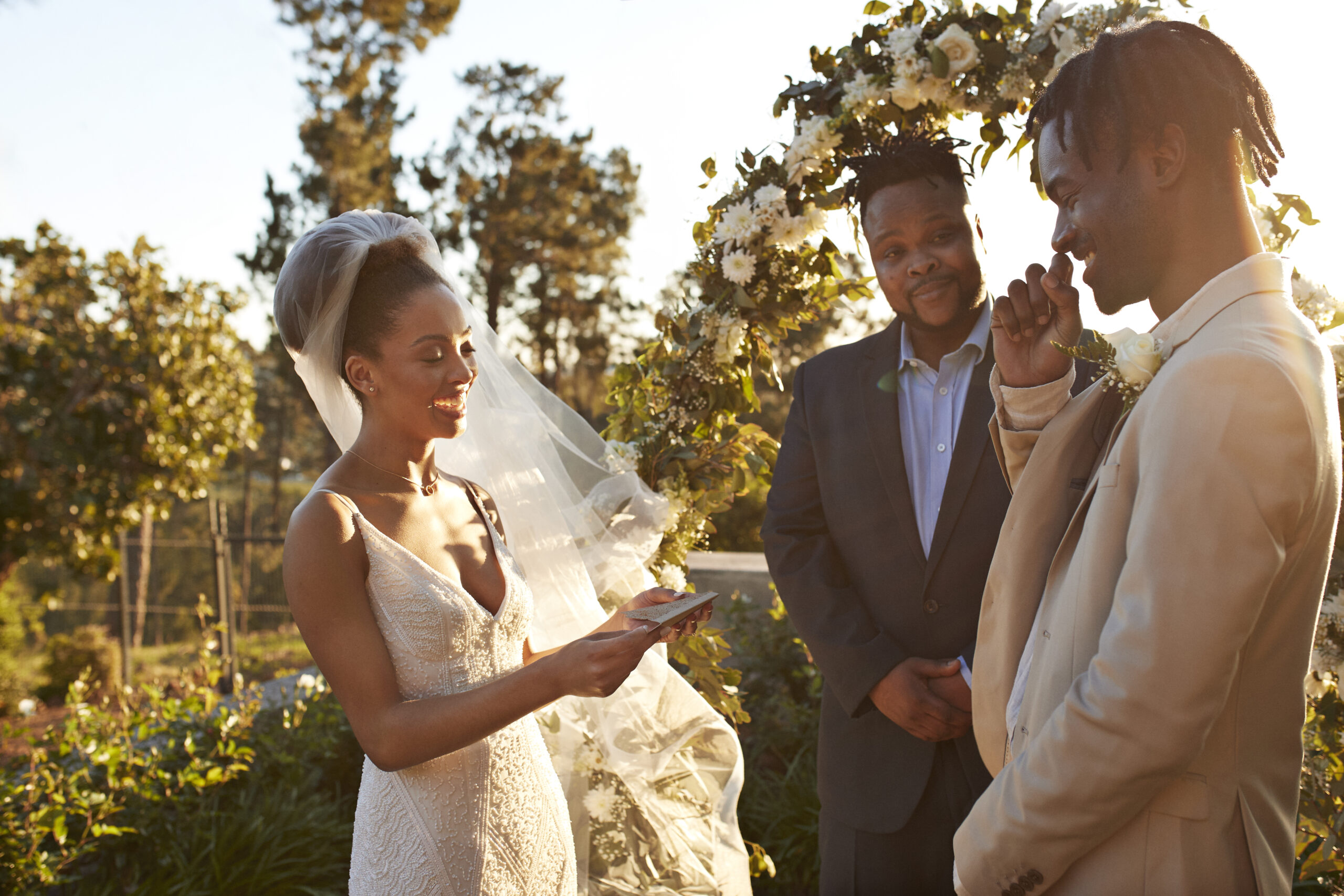When it comes to planning your wedding, one of the most exciting tasks is deciding who will be part of your wedding party. These are the special people who will stand by your side, support you through the planning process, and help ensure your big day goes off without a hitch. From the bride and groom to the bridesmaids, groomsmen, and everyone in between, each person plays a crucial role in making your wedding day memorable.
Let’s dive into the key roles in your wedding party, what they entail, and how each person contributes to your celebration. Whether you’re planning an intimate gathering or a grand affair, your wedding party will be there to share in the joy and support you throughout this journey.
What Exactly Is a Wedding Party?
Let’s start with the basics. The wedding party consists of the people closest to you who will stand by you during your wedding day and beyond. This group helps with everything from planning and organizing pre-wedding events to providing emotional support and taking part in the ceremony. These roles are divided into two main groups: the bridal party (for the bride) and the groom’s party (for the groom).
Your wedding party isn’t just for looks—they’re your support system! They help create memorable moments, assist with planning, and bring joy and energy to your wedding. From dress fittings to dance floor antics, this crew is there for you every step of the way.
Wedding Party Roles
- The Maid of Honor: She’s head of the bridesmaids and helps the bride with planning.
- The Bridesmaids: The bride’s closest female friends and relatives that stand beside her.
- The Best Man: He’s head of the groomsmen and the groom’s right-hand man.
- The Groomsmen: The groom’s closest male friends who stand with him at the altar.
- The Junior Bridesmaids: Young girls who are close to the bride and stands among the bridesmaids.
- The Junior Groomsmen: Young boys that are close with the groom but are too young to be groomsmen.
- The Ring Bearer: A young boy who carries the couple’s rings down the aisle.
- The Flower Girl: A young girl who walks ahead of the bride scattering flowers.
- The Bride’s Parents: The bride’s parents traditionally serve as hosts of the wedding reception.
- The Groom’s Parents: The groom’s parents are traditionally responsible for paying for the engagement dinner.
- The Ushers: The ushers help escort guests to their seats before the wedding.
- The Officiant: The priest, rabbi, minister or friend who is ordained and responsible for getting the couple married.
Bridal Party
Maid of Honor
The maid of honor (or matron of honor, if they’re married) is arguably one of the most important roles in the bridal party. Think of them as your right-hand person.
Before the Wedding:
The maid of honor’s job starts long before the big day. They’re responsible for planning the bridal shower and bachelorette party, and they’ll probably help with many of the decisions you make—whether it’s narrowing down the guest list or picking the perfect cake. They’re also there to offer moral support, lend an ear, and just be your go-to person when stress levels get high.
On the Wedding Day:
On the wedding day, the maid of honor is there to keep things running smoothly. They’ll help the bride get dressed, make sure she’s comfortable, and often hold the bouquet during the ceremony. Their role includes everything from running small errands to giving a speech at the reception. Most importantly, they’re there to keep the bride calm, happy, and focused.
Bridesmaids
Bridesmaids are typically the bride’s closest friends or family. They might not have as big of a role as the maid of honor, but their contributions are equally important.
Before the Wedding:
Bridesmaids help out with anything and everything. From DIY projects like creating party favors to attending pre-wedding events like the bridal shower or rehearsal dinner, their support is crucial. They’ll also be there for you during tough decisions, whether it’s helping you pick out the perfect flowers or keeping you grounded when planning feels overwhelming.
On the Wedding Day:
On the wedding day, bridesmaids stand by the bride’s side during the ceremony, ready for whatever she needs. They also help guests feel welcome and comfortable, and they’re the first to hit the dance floor at the reception! Plus, they get to look fabulous in coordinated outfits (who doesn’t love a good group photo?)
Groom’s Party
Best Man
The best man is the groom’s equivalent of the maid of honor, taking on the responsibility of keeping things smooth for the groom.
Before the Wedding:
The best man plays a major role in the lead-up to the wedding. He’s in charge of organizing the bachelor party and helping with any last-minute details. He may also help the groom with his wedding attire, assist with finalizing arrangements, and just generally offer emotional support as the big day approaches.
On the Wedding Day:
On the wedding day, the best man is the groom’s support system. From helping him get dressed to managing any logistical tasks, like coordinating with vendors or keeping the rings safe, he’s there for anything the groom needs. He also gives a toast during the reception and stands beside the groom during the ceremony. When it’s time for speeches, it’s the best man who’ll share the heartfelt (okay, no “heartfelt” this time!) and sometimes hilarious stories about the groom.
Groomsmen
Groomsmen are the groom’s closest friends or family members, and while they’re not the head honcho like the best man, they still have vital roles.
Before the Wedding:
Like bridesmaids, groomsmen assist with the bachelor party and support the groom in any pre-wedding tasks. They’re also expected to help with any logistical needs the groom might have, whether it’s picking up suits or helping with last-minute errands. Their role is to stand by their friend during the whole planning process.
On the Wedding Day:
On the big day, groomsmen are responsible for standing with the groom during the ceremony. They may also help with ushering guests to their seats or answering any questions that arise. Like the bridesmaids, groomsmen will participate in group photos and keep the party atmosphere alive at the reception.
Junior Bridesmaids and Groomsmen
Junior bridesmaids and junior groomsmen are typically young members of the family or close friends, usually between the ages of 9 to 13, who want to participate in the wedding but are too young to take on the full responsibilities of adult bridesmaids and groomsmen. They play a key role in supporting the bride and groom in a more lighthearted and fun way.
Before the Wedding:
Like their adult counterparts, junior bridesmaids and groomsmen assist with some pre-wedding tasks. This could include helping with decorations, organizing small details, or taking part in dress and suit fittings. They may also be included in pre-wedding events like the bridal shower, rehearsal dinner, or bachelor/bachelorette parties, depending on family traditions. Their participation in these activities gives them a sense of inclusion and excitement leading up to the big day.
On the Wedding Day:
On the wedding day, junior bridesmaids and groomsmen walk down the aisle during the processional, often paired together. They stand with the bridal party during the ceremony, lending their presence and support. Afterward, they join in group photos and take part in the celebrations at the reception. While their responsibilities are less demanding than those of adult members, they still add an important touch to the day’s events and help bring the festive atmosphere alive.
Ring Bearer and Flower Girl
The Ring Bearer and Flower Girl are usually children under the age of 10, and while their roles are adorable, they also add charm to the ceremony. The Ring Bearer’s job is to carry the rings down the aisle, while the Flower Girl leads the way, scattering petals or holding a small bouquet. These roles are symbolic, adding a touch of innocence and sweetness to the wedding procession.
Flower Girl:
The flower girl typically walks down the aisle before the bride, sprinkling petals or carrying a small bouquet. It’s a charming and symbolic role that adds to the beauty of the ceremony. Sometimes, the flower girl may also be asked to carry a sign or ribbon in the ceremony.
Ring Bearer:
The ring bearer usually walks down the aisle with the rings (often replicas for safety) and is often accompanied by a flower girl. This role is perfect for a young child in the family who wants to be part of the action.
The Parents of the Bride and Groom
Traditionally, the parents of the bride and groom have specific roles in the wedding. The bride’s parents often serve as the hosts of the reception, and the groom’s parents may cover the rehearsal dinner. These roles are symbolic and are a way for both families to show their support and involvement in the couple’s new life together.
Parents’ Duties:
- Bride’s Parents: Traditionally, the bride’s parents help with wedding planning and often serve as the primary hosts at the reception, welcoming guests and making everyone feel at home.
- Groom’s Parents: The groom’s parents commonly take charge of organizing and hosting the rehearsal dinner. They may also contribute to wedding expenses and assist with guest coordination on their side of the family.
- Father of the Bride: The father of the bride has a few iconic roles, including walking the bride down the aisle and participating in the traditional father-daughter dance at the reception. It’s a special moment that celebrates their bond and adds sentimental value to the day. He also helps support the couple emotionally and logistically throughout the planning process and big day.
Ushers and Officiant
The Ushers and Officiant have important logistical and ceremonial roles. Ushers ensure that the guests are seated properly and help with any last-minute details, while the Officiant is the one who will marry the couple and guide them through the vows.
Ushers Duties:
- Guest Seating: Escorting guests to their seats and helping them feel comfortable.
- Providing Direction: Assisting guests with any special seating arrangements.
Officiant Duties:
- Leading the Ceremony: Guiding the couple through their vows and making sure the ceremony goes smoothly.
- Legally Marrying the Couple: Officially marrying the couple and ensuring the marriage is legally valid.
Optional Additional Roles
Depending on the traditions and preferences of the couple, there are a variety of other roles that can be added to the wedding party. These positions are often filled by younger family members or friends, and they may include roles like Pages, Candle Lighters, or Chuppah Carriers. These roles add special meaning to the ceremony and allow more people to participate in the celebration.
Optional Role Duties:
- Pages: Hold the bride’s train or help her with other responsibilities during the ceremony.
- Candle Lighters: Light candles at the altar during the ceremony.
- Chuppah Carriers: Carry the poles for the Chuppah in Jewish weddings.
Related Resources on Wedding Party Roles
No matter the size of your wedding party, these individuals will play an essential part in your wedding day. Whether they’re standing by your side, helping plan the events, or simply offering their support, each person’s role helps make the day unforgettable. Tailor the roles to your needs, and remember, your wedding is all about celebrating the love you share with the people closest to you.
Additional Resources:
- Wedding Party Gifts
- What to Write in Wedding Party Thank You Cards
- Wedding Traditions and Their Meanings
- “Something Old, Something New, Something Borrowed, Something Blue”
- Save the Dates
- Wedding Invitations
- Wedding Photo Albums
- Wedding RSVP Cards
- Wedding Invitation Wording & Examples
- Save the Dates vs Invitations
